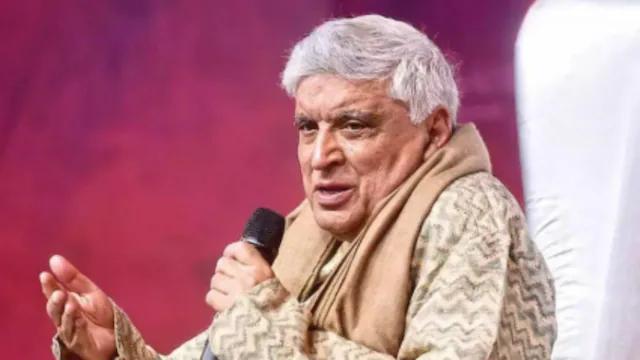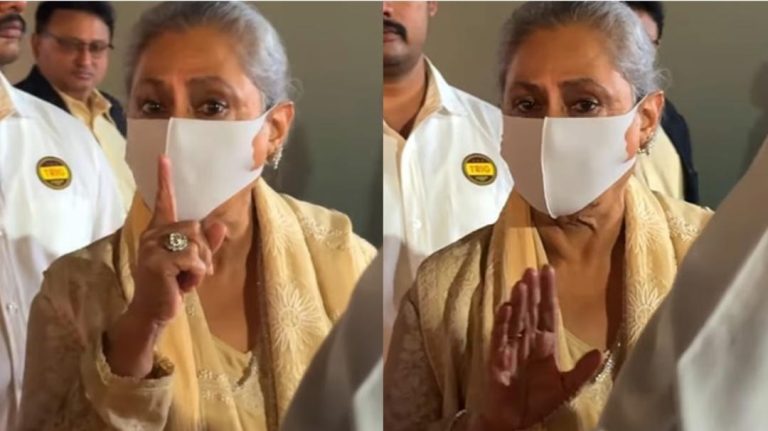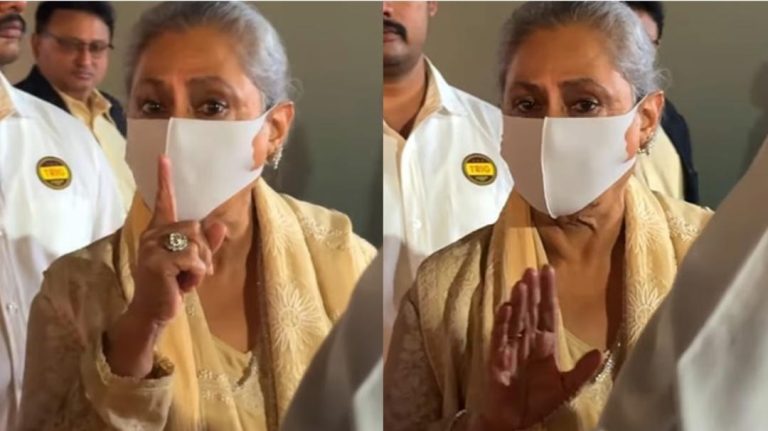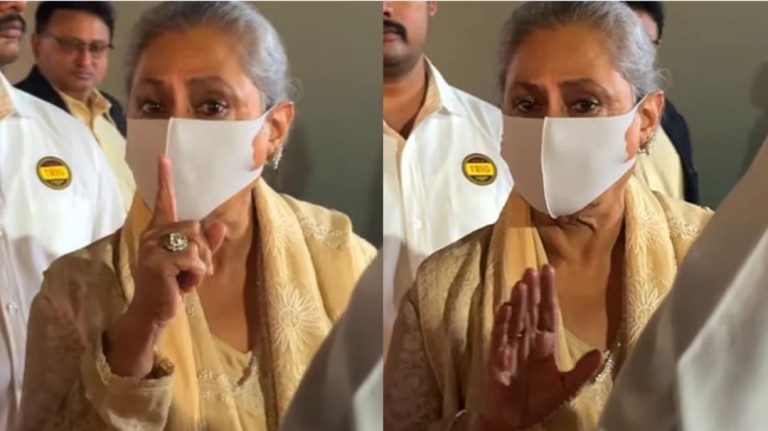
Title: They Fear I-T, ED Raids: Akhtar on Actors Not Questioning Govt
The Indian film industry has long been known for its ability to bring people together, to inspire and to entertain. But when it comes to speaking up against the government, many actors and actresses seem to be reluctant to take a stand. Why is this the case? According to renowned screenwriter-lyricist Javed Akhtar, it’s because they fear the consequences of speaking out. In a recent interview, Akhtar addressed this issue, citing the example of actress Meryl Streep and the fear of raids by the CBI, Income-Tax department, and ED as the main reasons for actors’ silence.
Akhtar’s comments came in response to a question about why the film industry, which was once known for its outspoken nature, seems to be reluctant to question the government these days. He pointed out that actors are afraid of facing the wrath of the government, which can manifest in the form of raids and other forms of harassment. “They fear I-T, ED raids,” Akhtar said. “If you speak up, you will be raided. If you don’t speak up, you will be left alone.”
Akhtar’s assertion is not without merit. In recent years, there have been several instances of actors and actresses facing the wrath of the government for speaking out against it. For example, in 2018, actor Tanushree Dutta faced backlash from the Bollywood industry and the government after she accused actor Nana Patekar of harassment. Dutta’s allegations led to a massive backlash, with many in the industry refusing to work with her.
Similarly, in 2019, actress Kangana Ranaut faced criticism from the government and some sections of the media after she accused the government of being corrupt. Ranaut’s comments led to a massive backlash, with many in the industry distancing themselves from her.
Akhtar’s comments also brought to mind the example of actress Meryl Streep, who in 2017 called out then-US President Donald Trump for mimicking a disabled reporter during a campaign rally. Streep’s statement was widely praised, and she became an overnight hero for many in the film industry. But Akhtar pointed out that Streep’s statement was not accompanied by any repercussions, unlike what happens to actors in India.
“Meryl Streep gave a statement…but there was no income tax raid on her,” Akhtar said. “In India, if you speak up, you will be raided. If you don’t speak up, you will be left alone.” Akhtar’s comments are a stark reminder of the power imbalance between the government and the film industry in India. The government has the power to wield its authority and crush dissent, while the film industry is often at the mercy of the government’s whims.
Akhtar’s comments also raise questions about the role of the film industry in Indian society. The film industry is often seen as a reflection of society, and its silence on issues that affect the country is deafening. By not speaking up against the government, the film industry is sending a message that it is complicit in the government’s actions, and that it is willing to turn a blind eye to the government’s excesses.
But Akhtar’s comments also highlight the importance of individual courage and conviction. Despite the fear of reprisals, some actors and actresses have continued to speak out against the government. For example, in 2020, actor Swara Bhasker was arrested and detained by the Delhi Police for her comments on the Citizenship Amendment Act. Bhasker’s arrest was widely condemned, and she became a symbol of resistance against the government’s authoritarian tendencies.
In conclusion, Akhtar’s comments highlight the fear that pervades the film industry in India. The fear of raids and other forms of harassment is a powerful tool that the government uses to silence dissent, and it is up to individual actors and actresses to find the courage to speak out against it. As Akhtar said, “If you speak up, you will be raided. If you don’t speak up, you will be left alone.” But it is only by speaking up that we can hope to bring about change and hold the government accountable for its actions.



